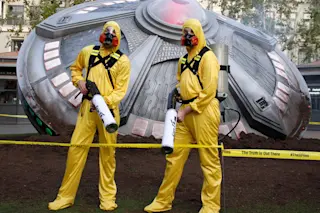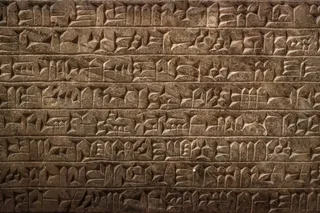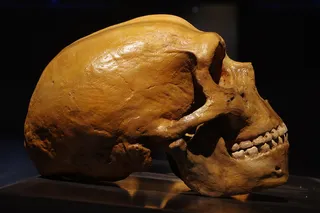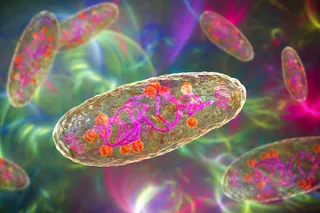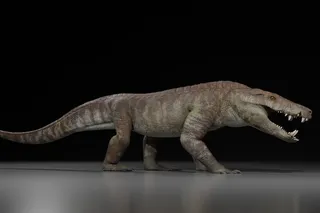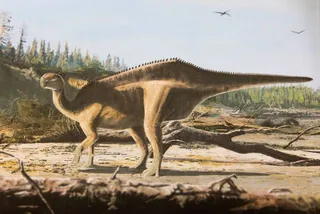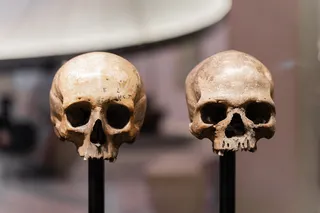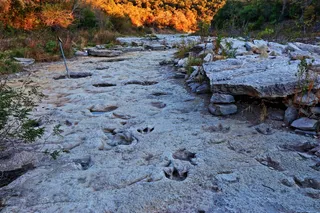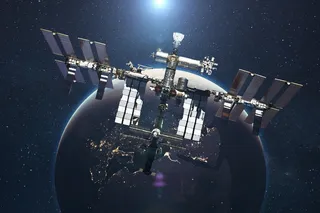While onscreen depictions of stretchy mutants or a toilet-terrorizing dinosaur may seem completely independent from real-life research, movie and TV production crews have spent decades seeking out scientists to fact-check scripts and special effects.
Propelled by the science fiction boom beginning in the 1970s, Hollywood has since solicited expert knowledge to make scenes more plausible.
As it turns out, even the wackiest plots can benefit from some expert knowledge. For example, Anne Simon, a virologist at the University of Maryland and consultant on The X-Files, broke it to the series creator that a virus couldn’t, in fact, theoretically transform into a monster. (It could, however, transform cells into terrifying creatures.)
The benefits go both ways: Conversely, popular media has even helped spark research developments and garner funding in science fields. And in the last decade, it’s become far easier to bridge the worlds of science and fiction:
Since the National ...


